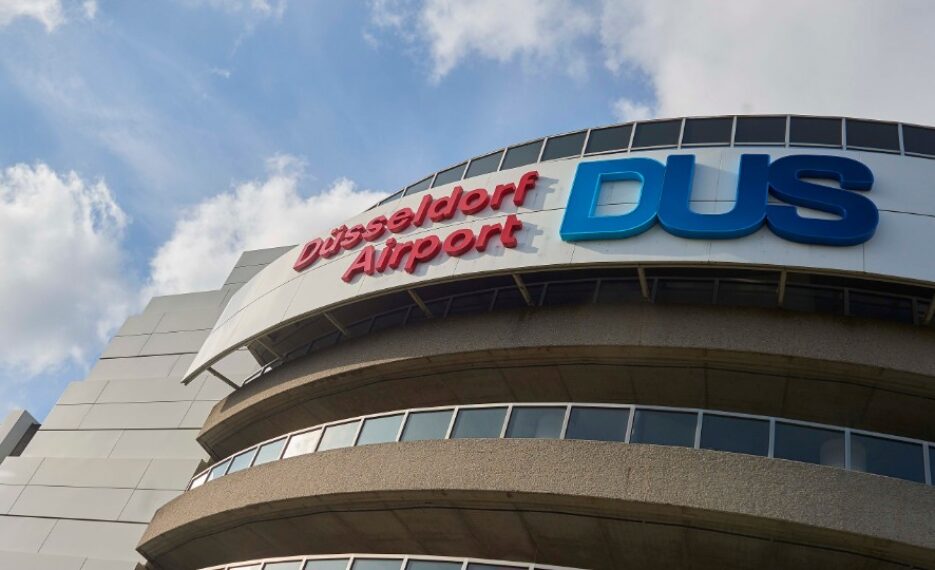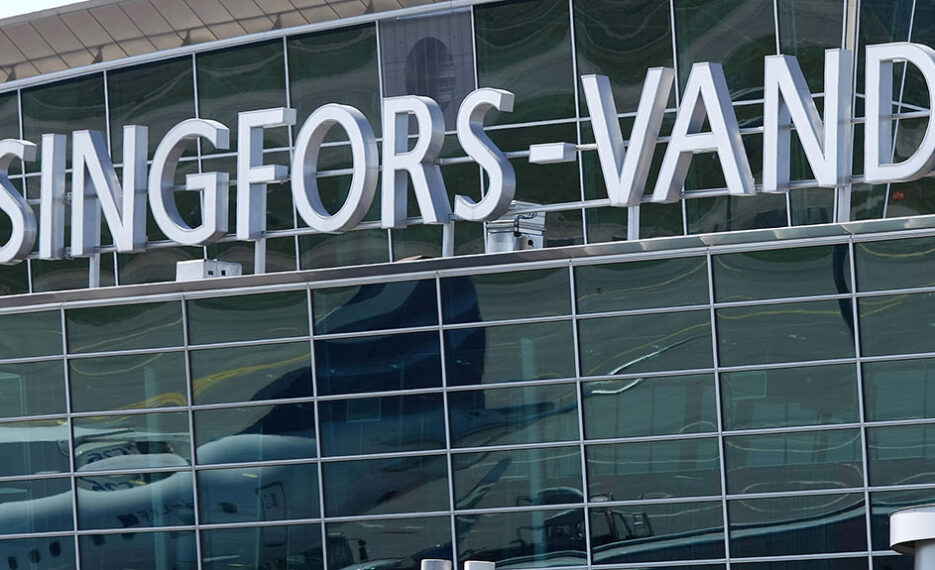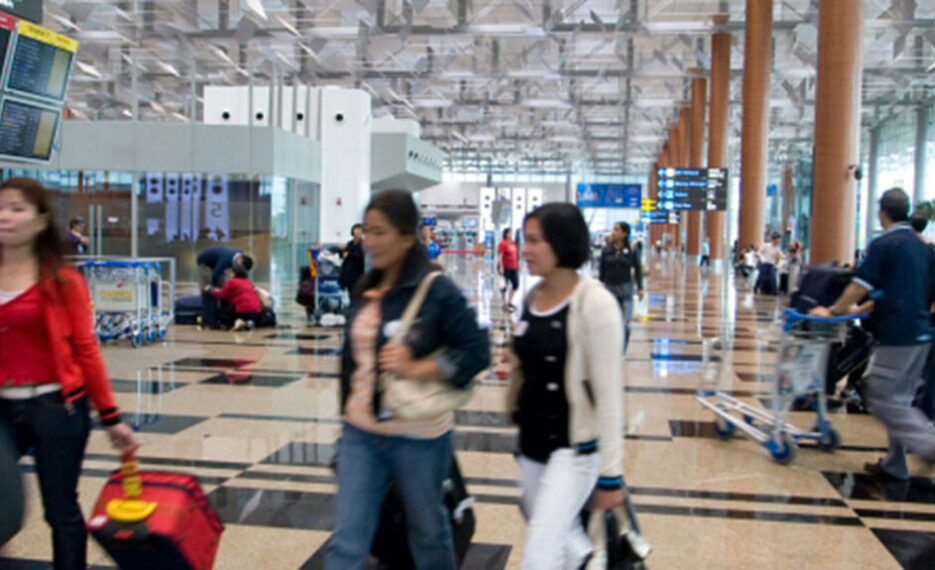What does IATA Resolution 753 mean for airports?
By 2018, IATA member airlines will need to ensure that the airports they work with have the necessary IT systems and infrastructures in place to be able to support them in complying with Resolution 753. This means that all airports (existing or new) will need to assess their baggage handling infrastructures and fill in any gaps where necessary.
While baggage is handled by many different parties throughout the process – for example, airlines, the airport and baggage handling companies – one thing they all have in common is the Key Performance Indicator that they have committed to in order to provide the best possible service for their passengers.
IATA Resolution 753 will help enhance the registration of bag- gage and the collection of accurate information, which not only reduces mishandling, but also helps to speed up reconciliation and flight readiness for departing flights. The end result is information to help measure performance against service level parameters.
According to Resolution 753, airlines bear the ultimate responsibility for delivering the correct bag to the correct passenger, so they will have to ask airports and ground handlers to make various technological and system features available to them to meet the Resolution’s requirements. Although the airports, in theory, can turn compliance into a competition parameter, there is also an underlying business case for saving money.
Once Resolution 753 has taken effect, it will drive down the number of reports of lost baggage, especially the fairly high percentage of reports which are made while baggage is still being transferred to arrival reclaim while the passenger is reporting it as missing. Bags will be recorded at arrival reclaim, thus demonstrating that the bag really did arrive in the arrival baggage hall after being removed from the air- craft. The scanning and subsequently documented receipt of arriving baggage will play an important part in the airport driving down the cost of making baggage reports, not to mention the cost of running the lost bag procedure after the report has been filed. Furthermore the airport will have more cost transparency and know, with greater accuracy, who to charge for the cost of tracing and retrieving lost baggage if it does go missing.
























